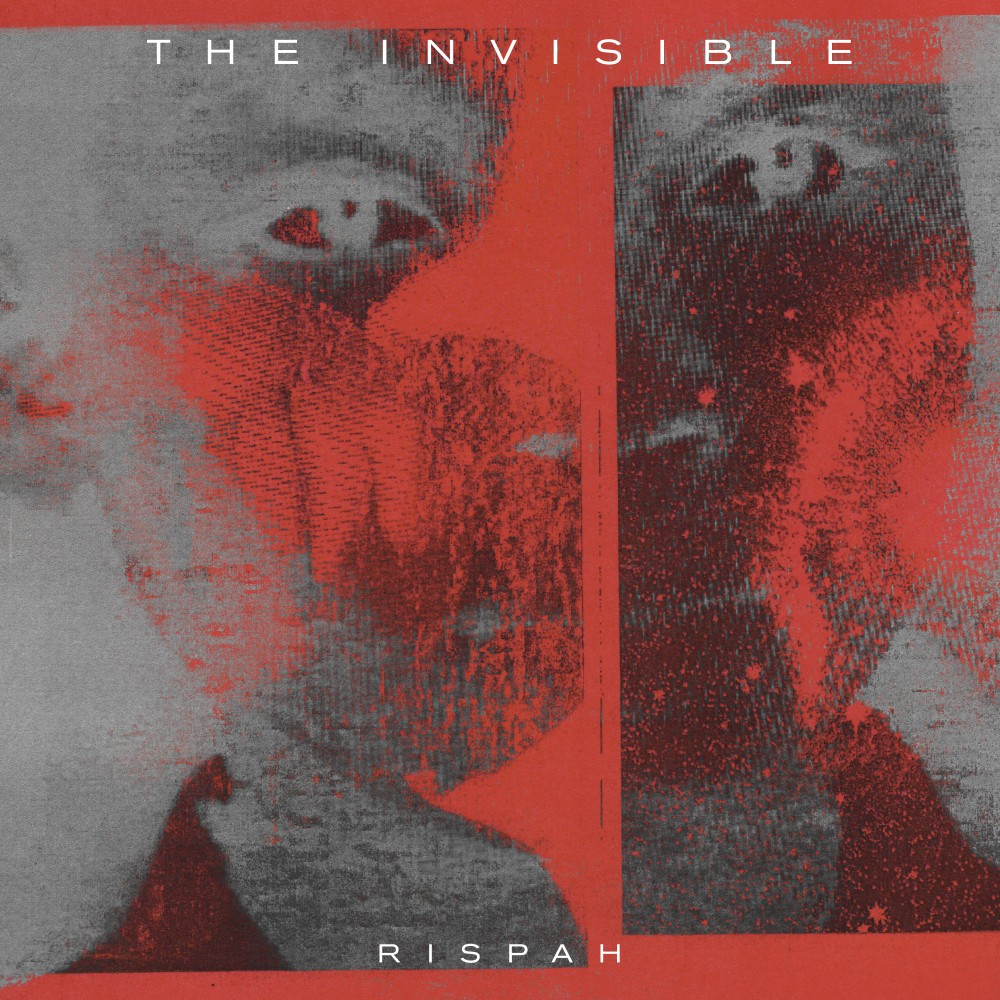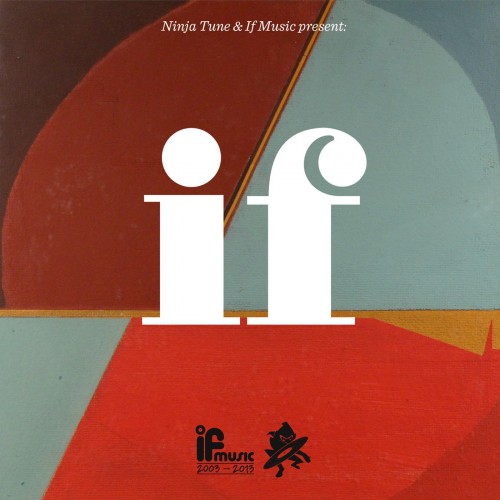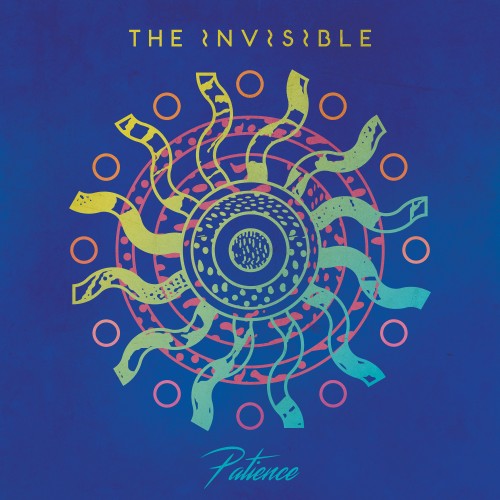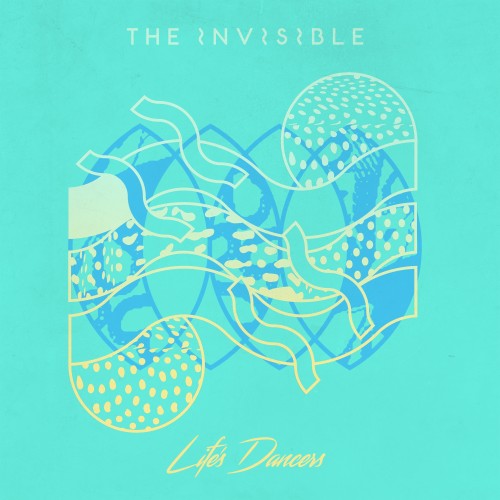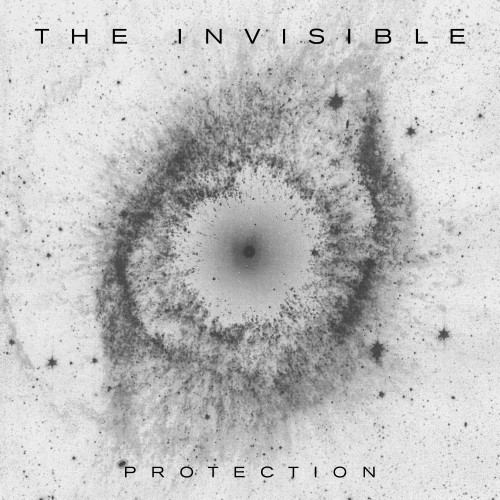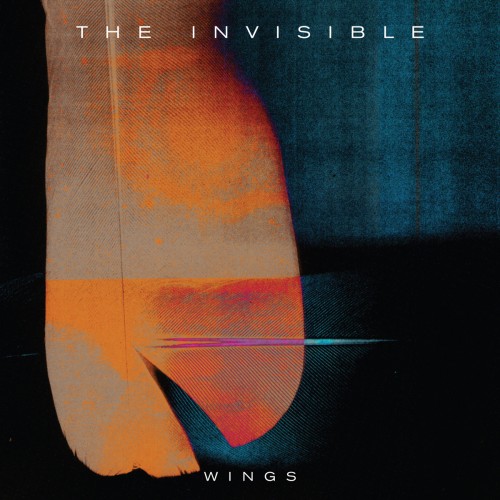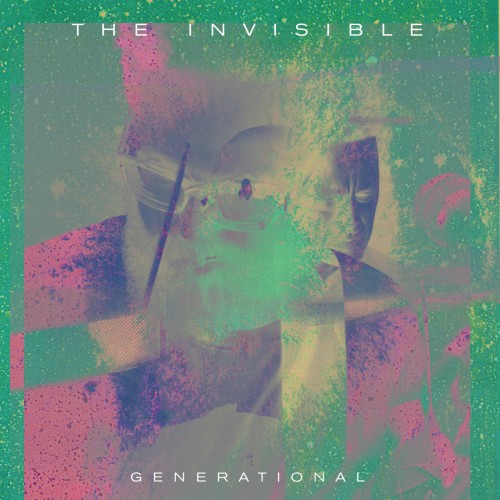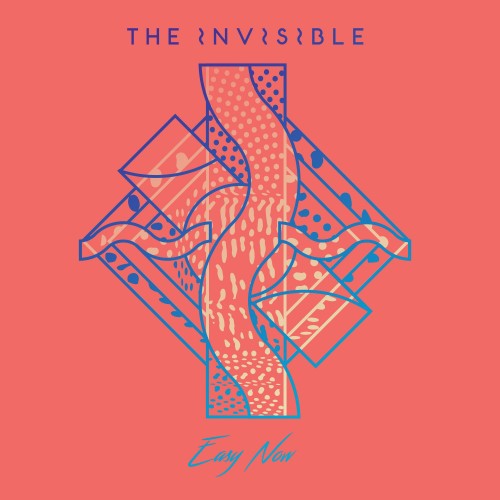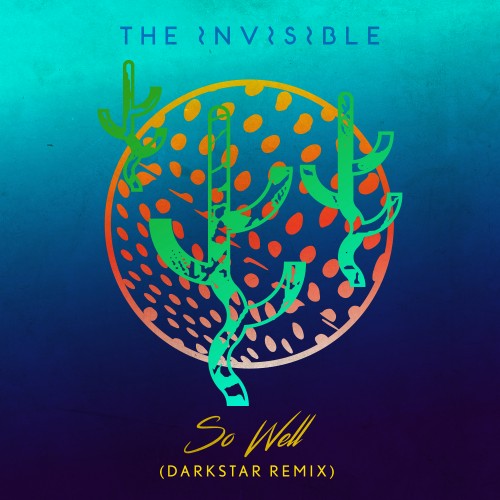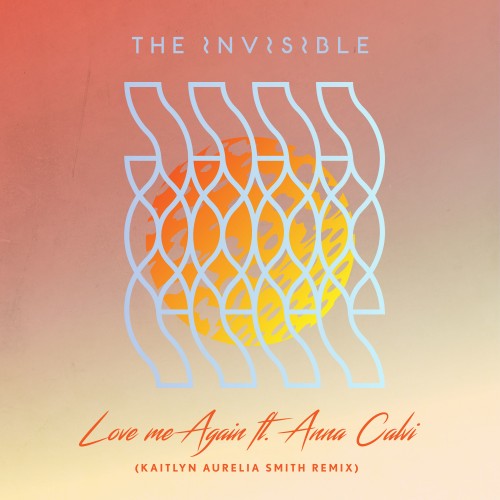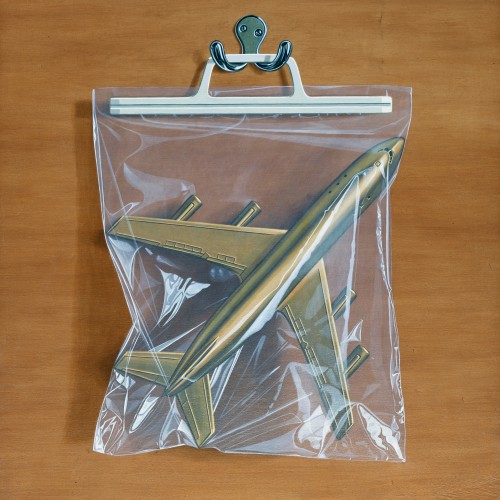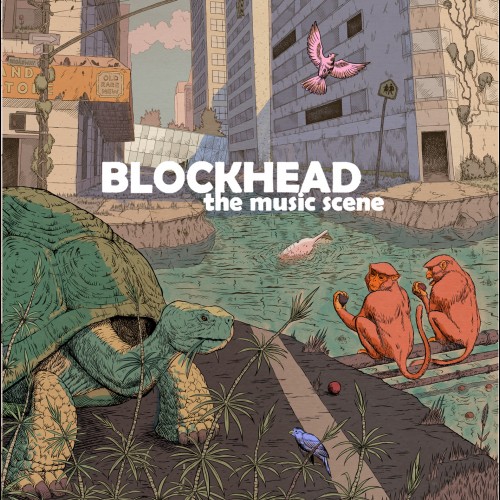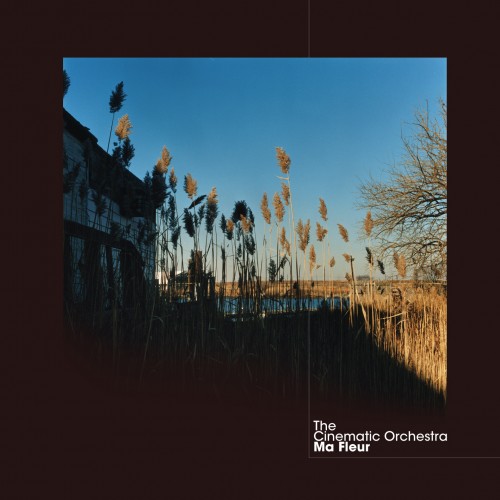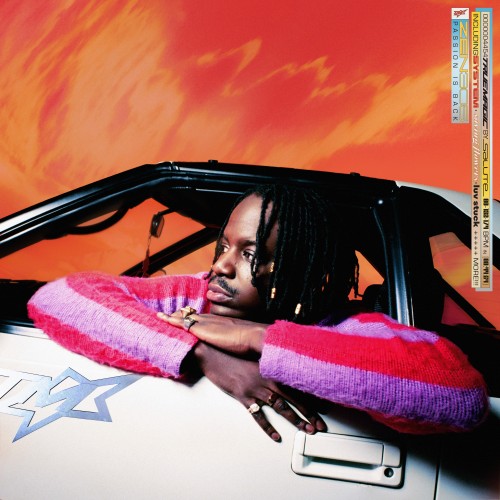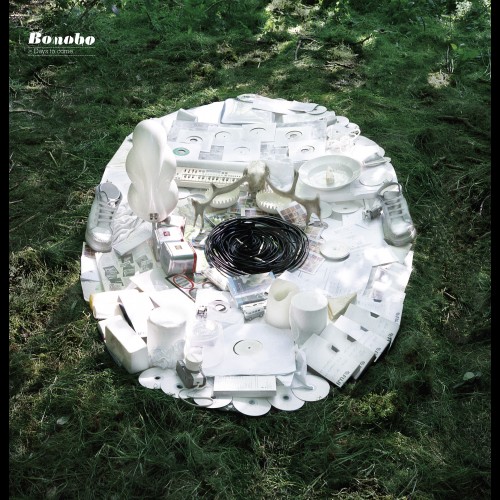Rispah
by The Invisible
— Released 8th June 2012
Rispah, the new album from The Invisible, is, in the words of singer-guitarist Dave Okumu, ”a love letter to grief.” Mid-way through recording a follow-up to 2009’s Mercury-nominated debut album, Okumu’s mother passed away and the band’s plans and aesthetic were thrown into turmoil. As Okumu remembers it, “I couldn't engage with music for a long period. The moment it returned to me was at my mum's funeral, which lasted several days. One evening, during the wake, my gra...
Rispah, the new album from The Invisible, is, in the words of singer-guitarist Dave Okumu, ”a love letter to grief.” Mid-way through recording a follow-up to 2009’s Mercury-nominated debut album, Okumu’s mother passed away and the band’s plans and aesthetic were thrown into turmoil. As Okumu remembers it, “I couldn't engage with music for a long period. The moment it returned to me was at my mum's funeral, which lasted several days. One evening, during the wake, my grandmother Zilpa, my mother's mum, arrived at our home accompanied by a group of women singing traditional spirituals. They approached my mother's body and sang over it, dancing around her coffin. It was the most beautiful sound I've ever heard. They transformed the atmosphere with sound and the spirit they brought to it. They were celebrating life and death, grief and hope, all things. This act was allowing everyone present to express themselves. It served as the most potent reminder of everything I believe about music. It's there for everybody, it's inclusive and transformative. I'm so glad these voices are stitched through our record."
This epiphany forms the spiritual core of Rispah (Okumu's mother's name). It is a record imbued with an inevitable melancholy but defined by a sense of hope. Above all, this is an inclusive record, drawing on personal grief in order to create something universal and emotionally true. Throughout, the band reveal their rich creativity and musicianship. Echoes run through these songs of African music (including beautifully-woven-in samples of the singers from his mother's funeral), psalm tones and devotional music, In A Silent Way-era Miles Davis, hints of minimal classical composers such as Steve Reich and the wilder more psychedelic end of hip hop and related electronic musics. If you wanted, you could look for and find echoes of The Beach Boys or Brian Eno, too, though much of this is due to the originality of their sound, the sense of a group who will not compromise. Nothing is ever included for the sake of it, no attempt is made to patronise or sell the audience short. It's a record brimming with real emotion and restless intelligence, a record to get lost in.
Dave Okumu, Tom Herbert (bass & synthesizer) and Leo Taylor (drums) have been working together as The Invisible since 2006, though their musical collaborations stretch back much further and take in a huge variety of projects. When not working on The Invisible, they are involved in everything from co-writing and producing Jessie Ware's album (Okumu), playing as a member of British post-jazz legends Polar Bear (Herbert) or drumming on much of Adele's world-crushing second album 21 (Taylor). They have also played live and recorded with a dizzying roll call of musicians that runs from St Vincent in the Tom Waits tribute Rain Dogs Revisited, the Britten Symphonia, Jack De Johnette, Matthew Herbert, Hot Chip, Zongamin, Gramme and many others. The Invisible remains closest to the heart of what the trio are about as musicians, though, as the beauty and emotional intelligence of Rispah clearly demonstrates.
Rispah
by The Invisible
— Released 8th June 2012
Physical |
Digital |
||
|---|---|---|---|
| 2xLP (ZEN188) | MP3 (ZENDNL188X) | ||
| CD (ZENCD188) | 16-bit WAV (ZENDNL188XW) | ||
Bundles |
||
|---|---|---|
|
Tracklist
- CD
- 2xLP
- MP3
- 16-bit WAV
-
1
A Particle of Love
-
2
Generational
-
3
Wings
-
4
Lifeline
-
5
What Happened
-
6
The Great Wound
-
7
Surrender
-
8
Utopia
-
9
The Wall
-
10
The Stain
-
11
Protection
-
Play All (11)
-
1
A Particle of Love
-
2
Generational
-
3
Wings
-
4
Lifeline
-
5
What Happened
-
6
The Great Wound
-
7
Surrender
-
8
Utopia
-
9
The Wall
-
10
The Stain
-
11
Protection
-
Play All (11)
Rispah, the new album from The Invisible, is, in the words of singer-guitarist Dave Okumu, ”a love letter to grief.” Mid-way through recording a follow-up to 2009’s Mercury-nominated debut album, Okumu’s mother passed away and the band’s plans and aesthetic were thrown into turmoil. As Okumu remembers it, “I couldn't engage with music for a long period. The moment it returned to me was at my mum's funeral, which lasted several days. One evening, during the wake, my gra...
Rispah, the new album from The Invisible, is, in the words of singer-guitarist Dave Okumu, ”a love letter to grief.” Mid-way through recording a follow-up to 2009’s Mercury-nominated debut album, Okumu’s mother passed away and the band’s plans and aesthetic were thrown into turmoil. As Okumu remembers it, “I couldn't engage with music for a long period. The moment it returned to me was at my mum's funeral, which lasted several days. One evening, during the wake, my grandmother Zilpa, my mother's mum, arrived at our home accompanied by a group of women singing traditional spirituals. They approached my mother's body and sang over it, dancing around her coffin. It was the most beautiful sound I've ever heard. They transformed the atmosphere with sound and the spirit they brought to it. They were celebrating life and death, grief and hope, all things. This act was allowing everyone present to express themselves. It served as the most potent reminder of everything I believe about music. It's there for everybody, it's inclusive and transformative. I'm so glad these voices are stitched through our record."
This epiphany forms the spiritual core of Rispah (Okumu's mother's name). It is a record imbued with an inevitable melancholy but defined by a sense of hope. Above all, this is an inclusive record, drawing on personal grief in order to create something universal and emotionally true. Throughout, the band reveal their rich creativity and musicianship. Echoes run through these songs of African music (including beautifully-woven-in samples of the singers from his mother's funeral), psalm tones and devotional music, In A Silent Way-era Miles Davis, hints of minimal classical composers such as Steve Reich and the wilder more psychedelic end of hip hop and related electronic musics. If you wanted, you could look for and find echoes of The Beach Boys or Brian Eno, too, though much of this is due to the originality of their sound, the sense of a group who will not compromise. Nothing is ever included for the sake of it, no attempt is made to patronise or sell the audience short. It's a record brimming with real emotion and restless intelligence, a record to get lost in.
Dave Okumu, Tom Herbert (bass & synthesizer) and Leo Taylor (drums) have been working together as The Invisible since 2006, though their musical collaborations stretch back much further and take in a huge variety of projects. When not working on The Invisible, they are involved in everything from co-writing and producing Jessie Ware's album (Okumu), playing as a member of British post-jazz legends Polar Bear (Herbert) or drumming on much of Adele's world-crushing second album 21 (Taylor). They have also played live and recorded with a dizzying roll call of musicians that runs from St Vincent in the Tom Waits tribute Rain Dogs Revisited, the Britten Symphonia, Jack De Johnette, Matthew Herbert, Hot Chip, Zongamin, Gramme and many others. The Invisible remains closest to the heart of what the trio are about as musicians, though, as the beauty and emotional intelligence of Rispah clearly demonstrates.

